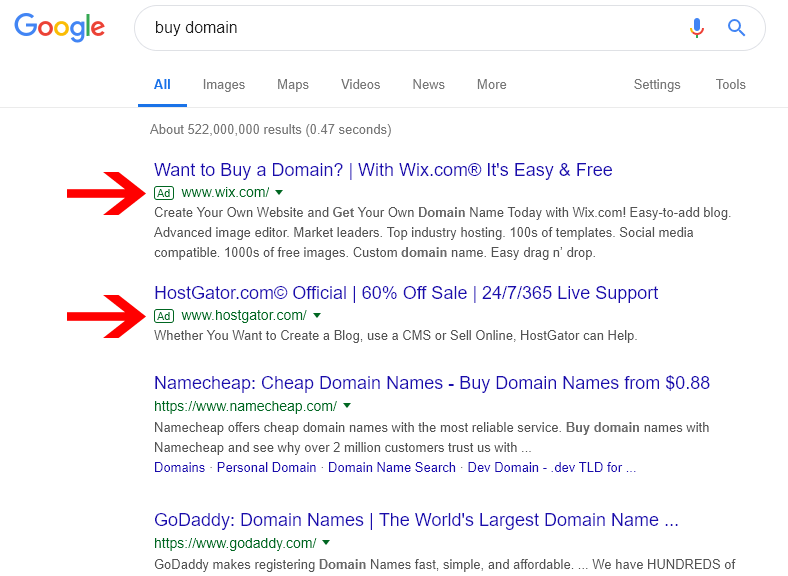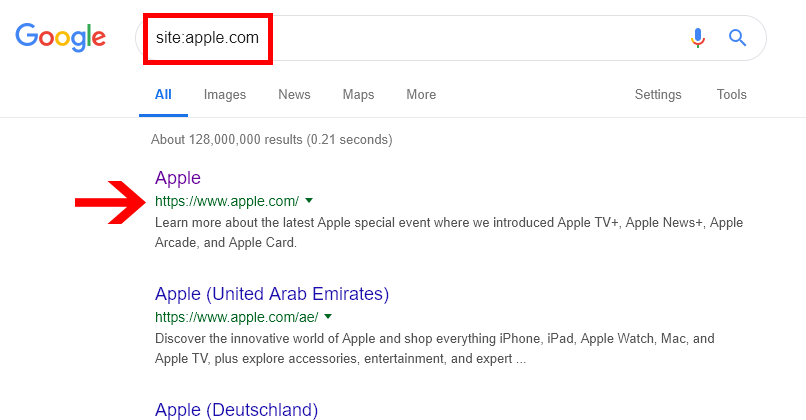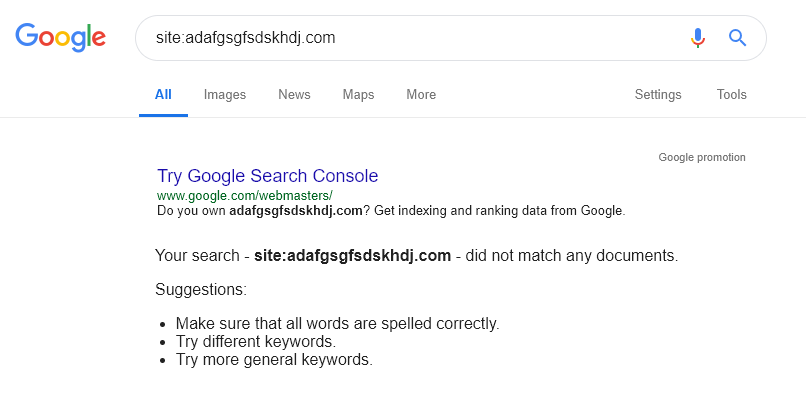Be the first with our Search Engine Optimization
Website SEO-optimization
FAQ
Having come into existence in 1991, the World Wide Web a.k.a. the Internet currently comprises about two billion websites. To help people orient themselves in the vast online resource repository, the first search engines were developed by the mid90s. A search engine adds (indexes) to its database every website that appears online. Further it runs a detailed analysis of the website, defining its exact topics and significance (rating).
The term «SEO», meaning «Search Engine Optimization», was coined soon after the search engine era had begun. In essence, SEO is a range of actions with the aim to optimize your website in order to improve its positions in search results by specific strings of keywords. It is therefore obvious that the better the website is optimized, the higher its position is in the search results, and, consequently, the more visitors (your potential clients) it will have.
Every search engine is based on a specific algorithm, literally deconstructing each website and most thoroughly analyzing its content. The quantity and quality of text on the site, the positioning of text, presence of necessary keywords, their density, layout quality, etc., are all taken into account. In addition to this, everything else related to your website is also analyzed – the quantity and quality of the websites that link to yours, your hosting speed, its location, stability, domain name, its history and many other things.
The listed points are factors in ranking (defining the position of your website in relation to other sites). The correct application of these factors on your website directly affects its rating and consequently the position in search engines. Today, several hundred ranking factors are known. Some of them are of critical importance, others can be neglected. It goes without saying that only an experienced specialist can analyze all of them, uncover and repair the weak spots of your website, which guarantees professional SEO-optimization. Do not trust SEO rookies with such an important job so as not to waste time and money and end up with a worse rating as a result.
No! As opposed to a simple traffic purchase from search engines, SEO is most commonly a one-time set of actions aimed at improving your website and any relevant elements in accordance with the official recommendations of search engines and the ranking factors (see the answer to «How does SEO-optimization work?» above). Thus, you only pay us once to carry out the SEO audit of your website, to uncover its weak points, fix those, and advise you on how to develop the website in the future so that it looked more reputable to the search engines than your competitors’ websites do. With the right approach, your website will stay in the leading position for many years, all the while receiving quality target traffic, and you having only paid for it once.
However, under certain conditions, systematic professional SEO maintenance is needed. This typically happens when we are dealing with website promotion in highly competitive business fields, where an immense number of resources aims for the top positions. In such cases, the promotion strategy will be a bit different, which can result in additional expenses.
Contact us and we can draw up the best strategy for promoting your online business.
If you have had a website for long enough, you have likely already been contacted by people offering you to buy visitors from search engines. This implies buying contextually targeted advertising which will be placed on top of the search results. An example of how it looks on Google:

Whenever you enter a search query, the first thing that the search engine gives you are paid ads relevant to your query (indicated by the red arrows). Contextually targeted advertising is placed above (and below) free organic search results and is marked by a badge «Ad» to make it easier to distinguish. This enables the search engine user to see that it’s a paid advertisement. Bear in mind that a paid app is not necessarily the best one. I personally rarely click on paid ads, as I rather trust the websites that made it into the top results by natural selection. The assumption is that the Top-10 websites will be of higher quality because their evaluation was done by the meticulous and unbiased algorithm of the search engine, nor are they financially motivated.
However, contextual targeted advertising is still a powerful tool of online marketing. Its advantage is that as soon as you have paid to the search engine, your website immediately jumps to the top position. Its disadvantage is that payments must be regular and continuous. You pay money for every showing and every click. You can end up spending enormous amounts of money without ever reaching significant sales from your website, and as soon as you stop paying, your website drops back to the same position it occupied before that. This is the main difference between paid contextual advertising and classic SEO-optimization (see the answer to «Should I be constantly paying for SEO?» above).
This subject is quite complicated for a layperson, so contact us and we will help you sort this out. Our aim is to help you find the best possible promotion strategy in search engines within the budget you can afford.
There may be several reasons for that. At first you need to figure out whether the search engine is seen in the search results of a search engine, or it is not there at all. To do that, go to the desired search engine, e.g. Google, and enter the search string «site:domain.com», where you replace domain.com with your domain’s name. If your website is indexed by the search engine, the link to it will appear as the first search result. Here is an illustration of how it can look:

If your website is not indexed by the search engine, there will be no link to it in the results and you will see a message similar to this one:

If your website is missing from the results, this may be due to the search engine having had no time to index it (record in its database) yet from the moment you launched it. If it has been more than a month since the launch, it is probably intentionally hidden from indexing by its developers. The worst-case scenario is that the search engine has blocked your website due to some violations, e.g. black hat SEO techniques.
If your website shows up when you run the «site:domain.com» search but not when you search with the desired keywords or is ranked too low, then the issue is poor or entirely absent optimization.
In any of these cases, we encourage you to contact us. We will carry out a thorough SEO audit of your website, find its weaknesses, draw up a roadmap for fixing those, negotiate a budget and provide you with successful SEO-optimization.
No! Today’s search engine is a complex mechanism that considers hundreds of parameters of every website. No legal method will enable you to run a programmed set of actions and immediately guarantee the top result. SEO-optimization is a big undertaking towards long-term goals, and no one can be a 100% certain that some website will be the first one by a fixed date. It can become the first after a few weeks or perhaps after half a year, but no one can guarantee that.
If you have received an offer like that, there are a few possible explanations. Either you are being sold contextual targeted advertising (see the answer to «What is the difference between SEO and buying search engine traffic?» above); or you are merely being scammed for money by promising you what you want to hear; or the a black hat SEO technique will be used, such as mass purchase of low-quality links to your website (the most common option). In this case you are looking at a possible bad development. For a short while, your website can actually find itself in Top-1, but your happiness will be short-lived. This will be followed by severe consequences and your website may end up forever blacklisted in the search engine. Do you really want to risk your business like that?
To avoid such hustles, contact us. We cannot immediately guarantee the first place for you but will do our best to make your website the best in the rating.